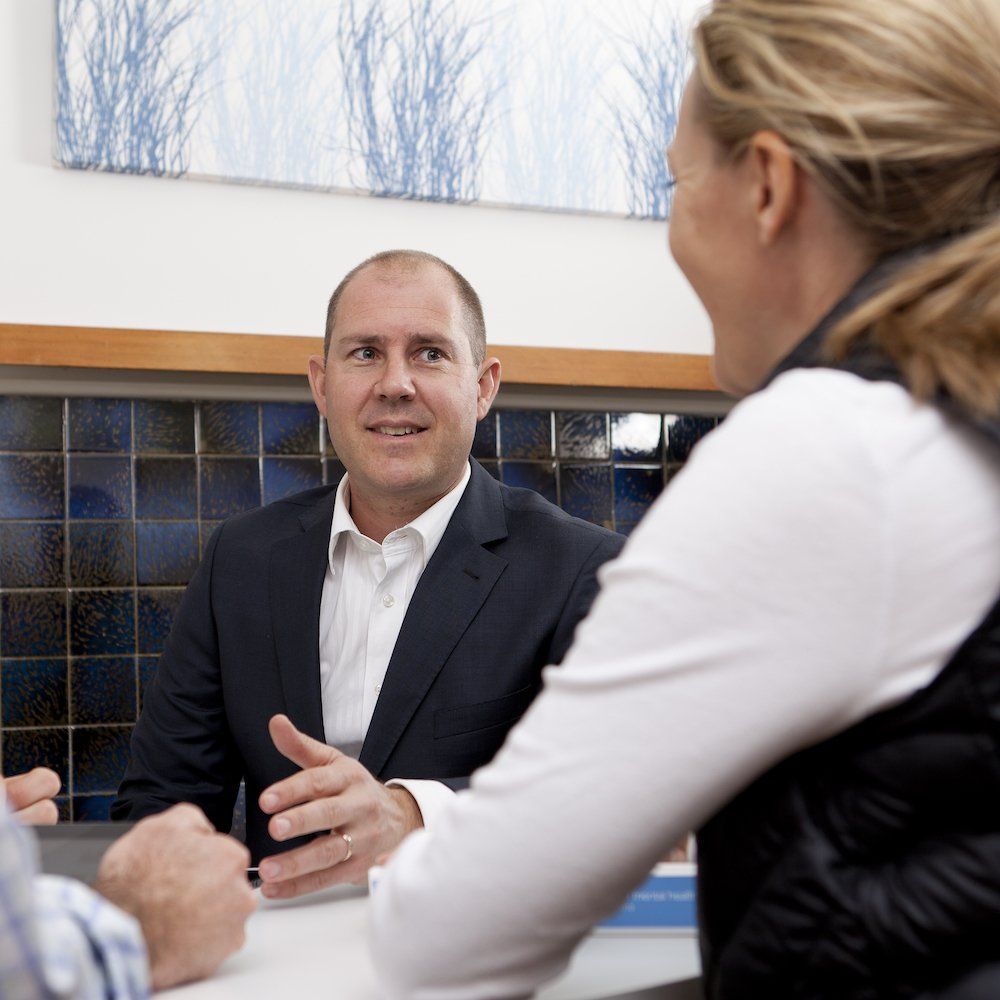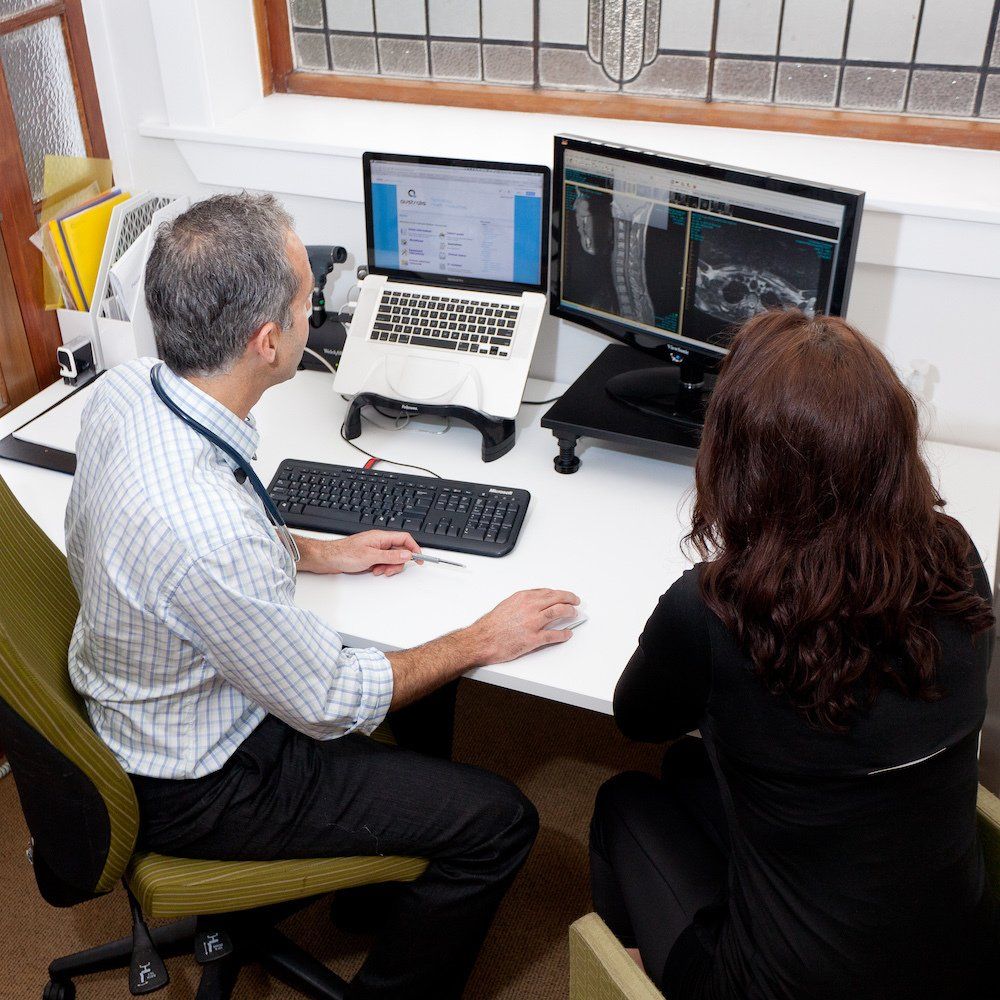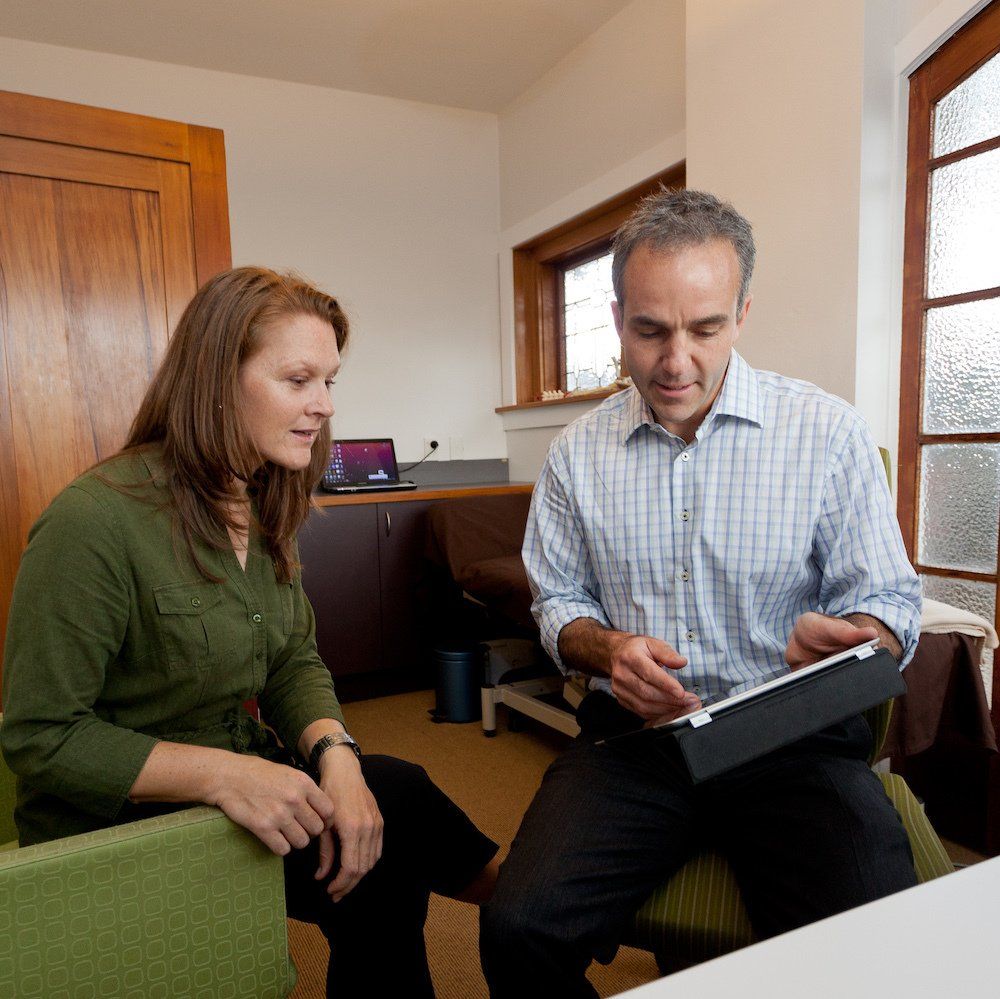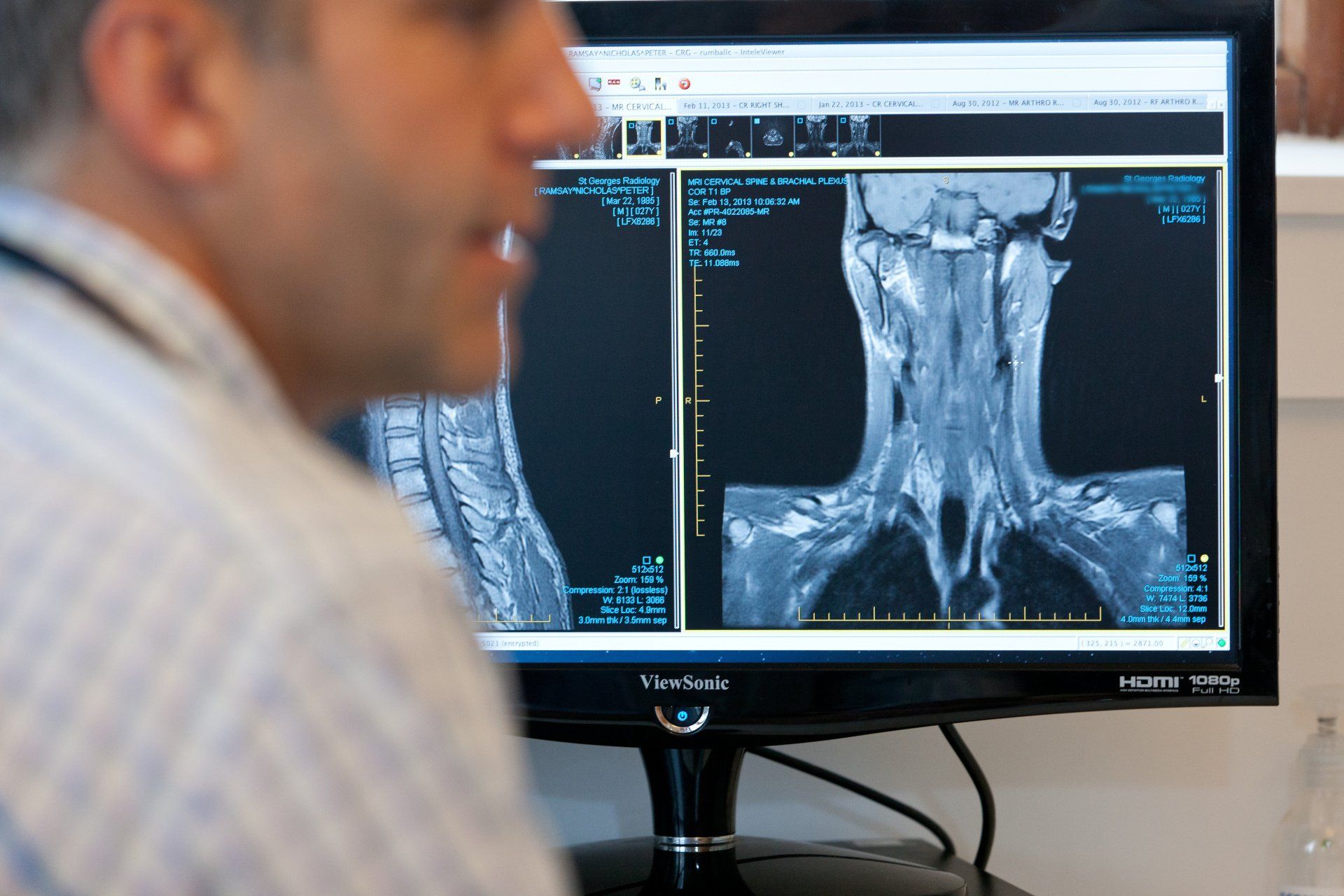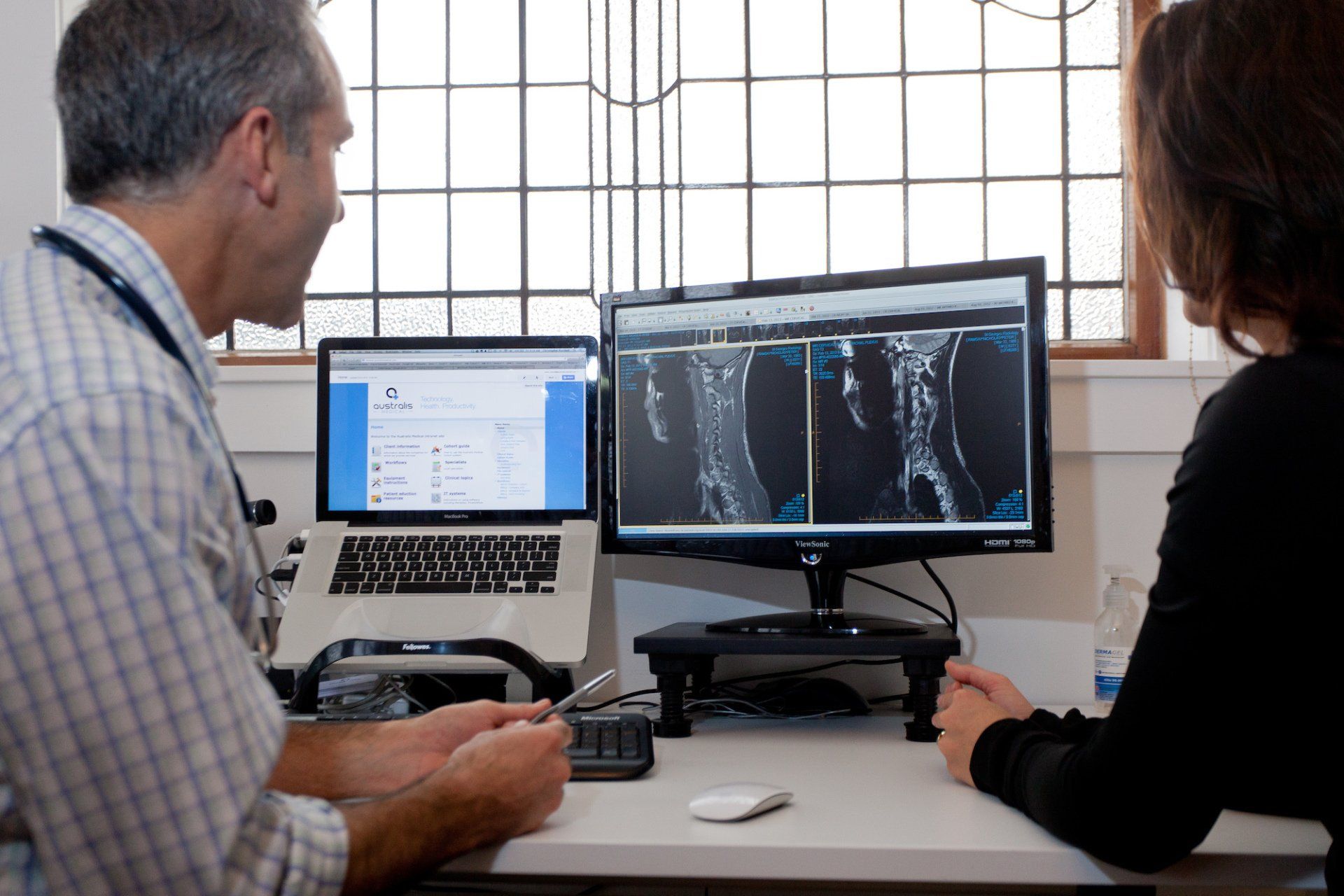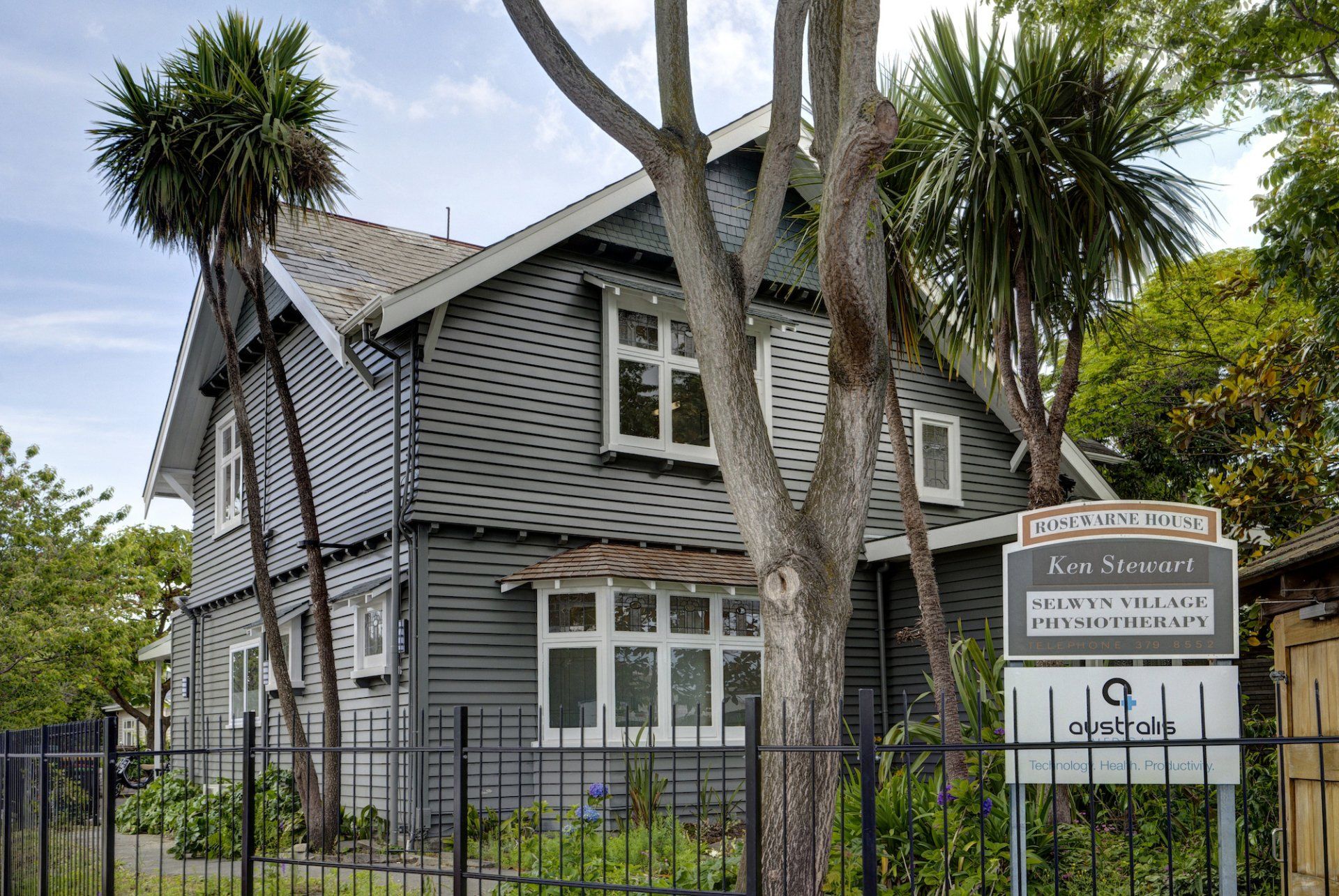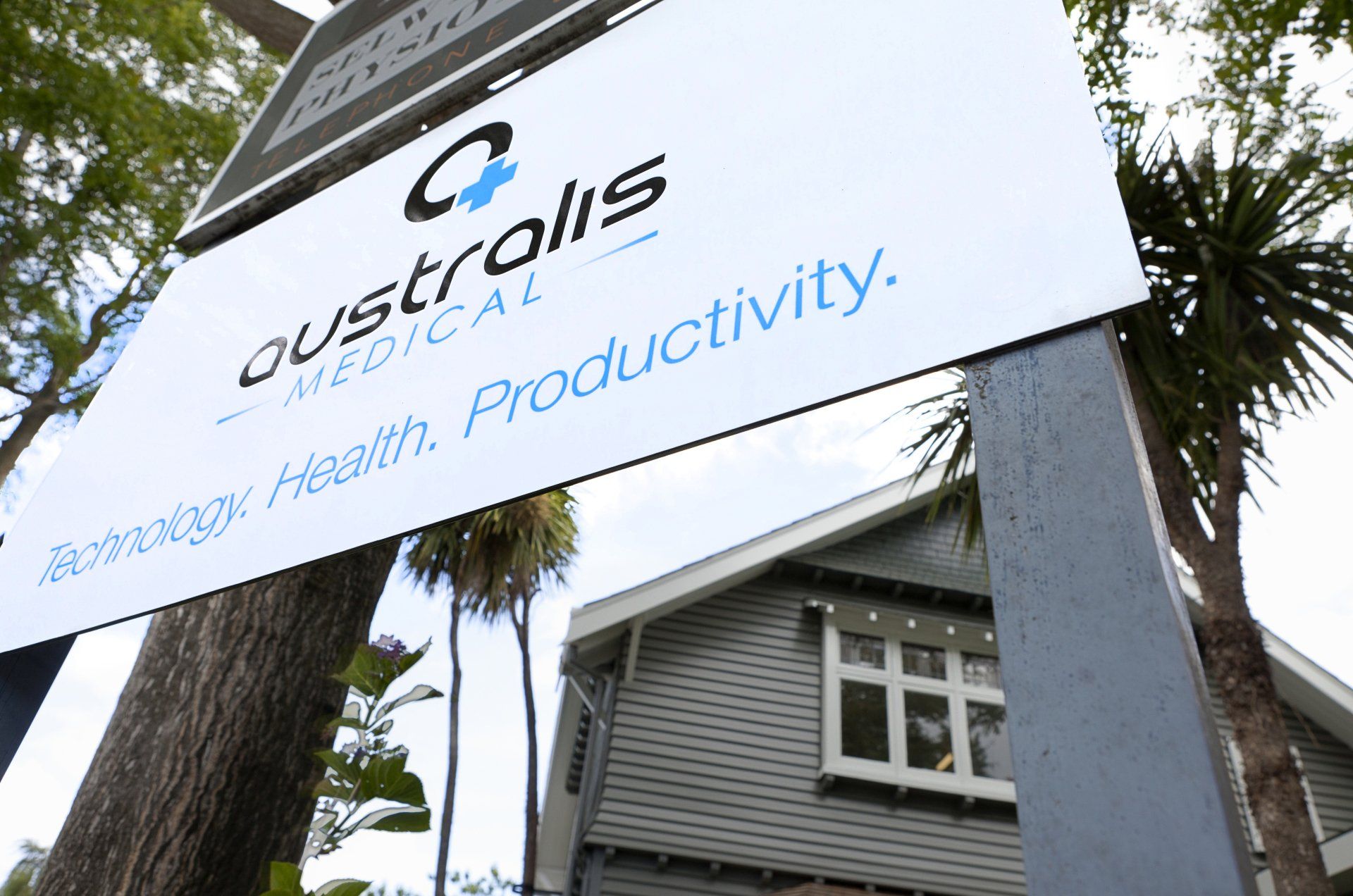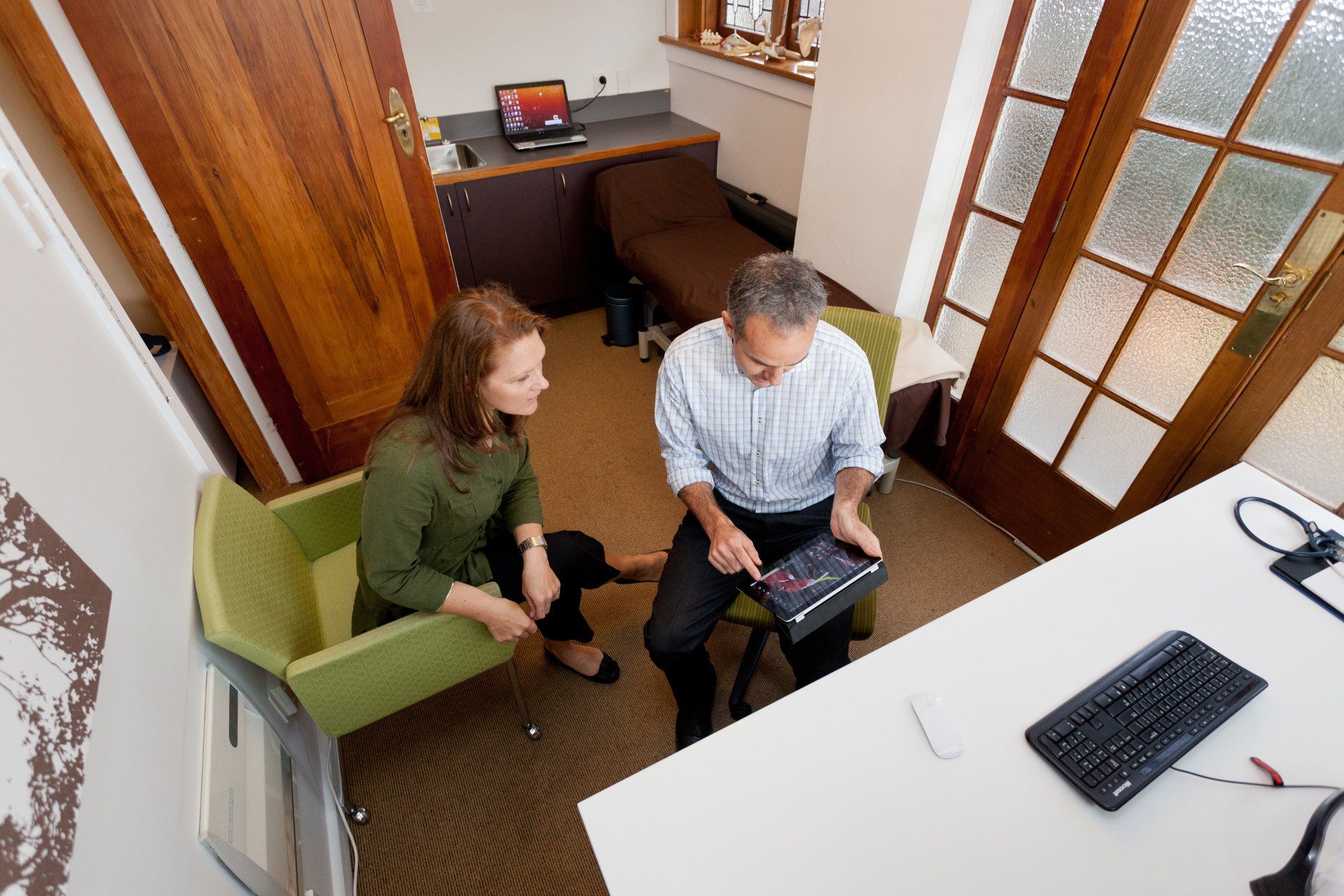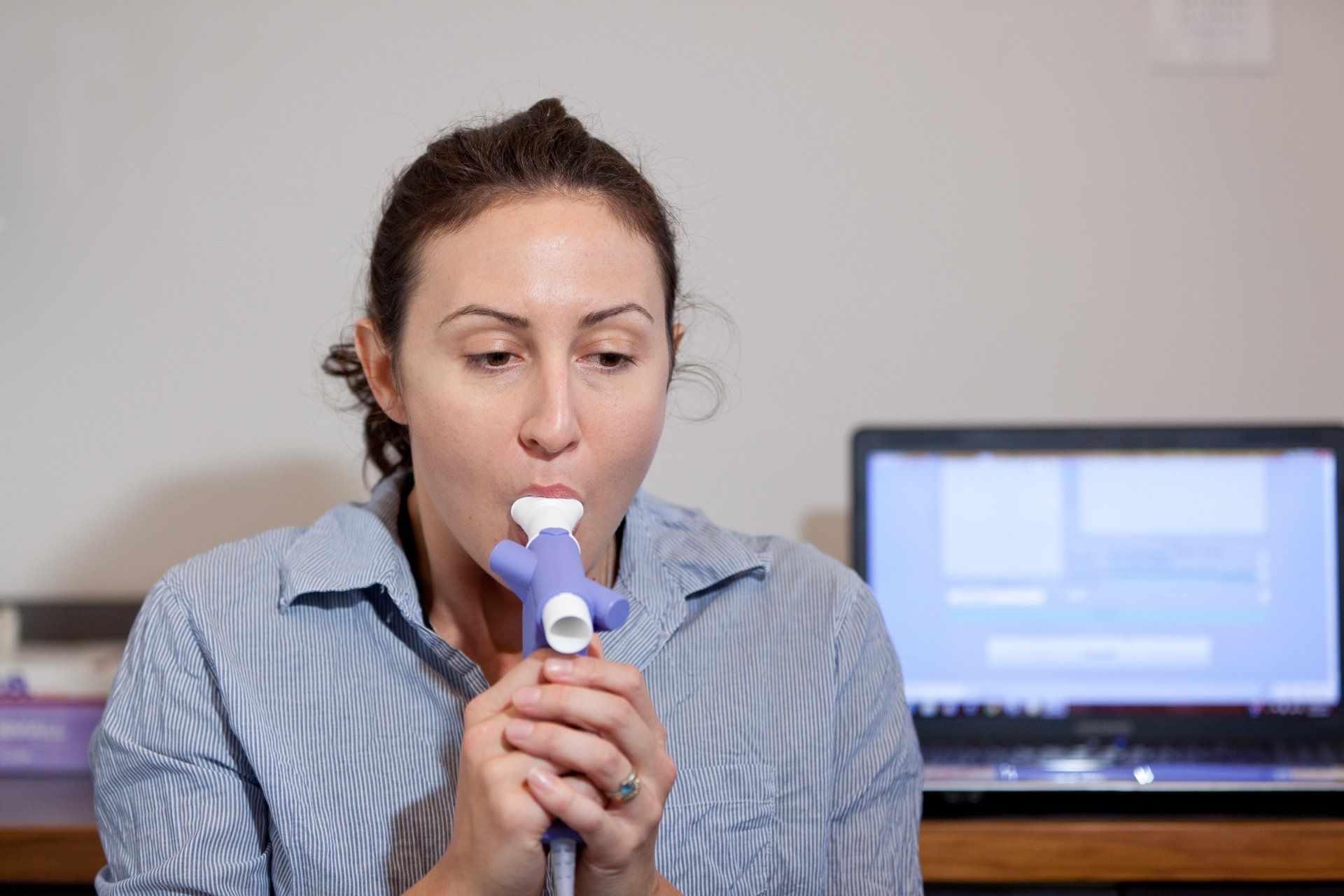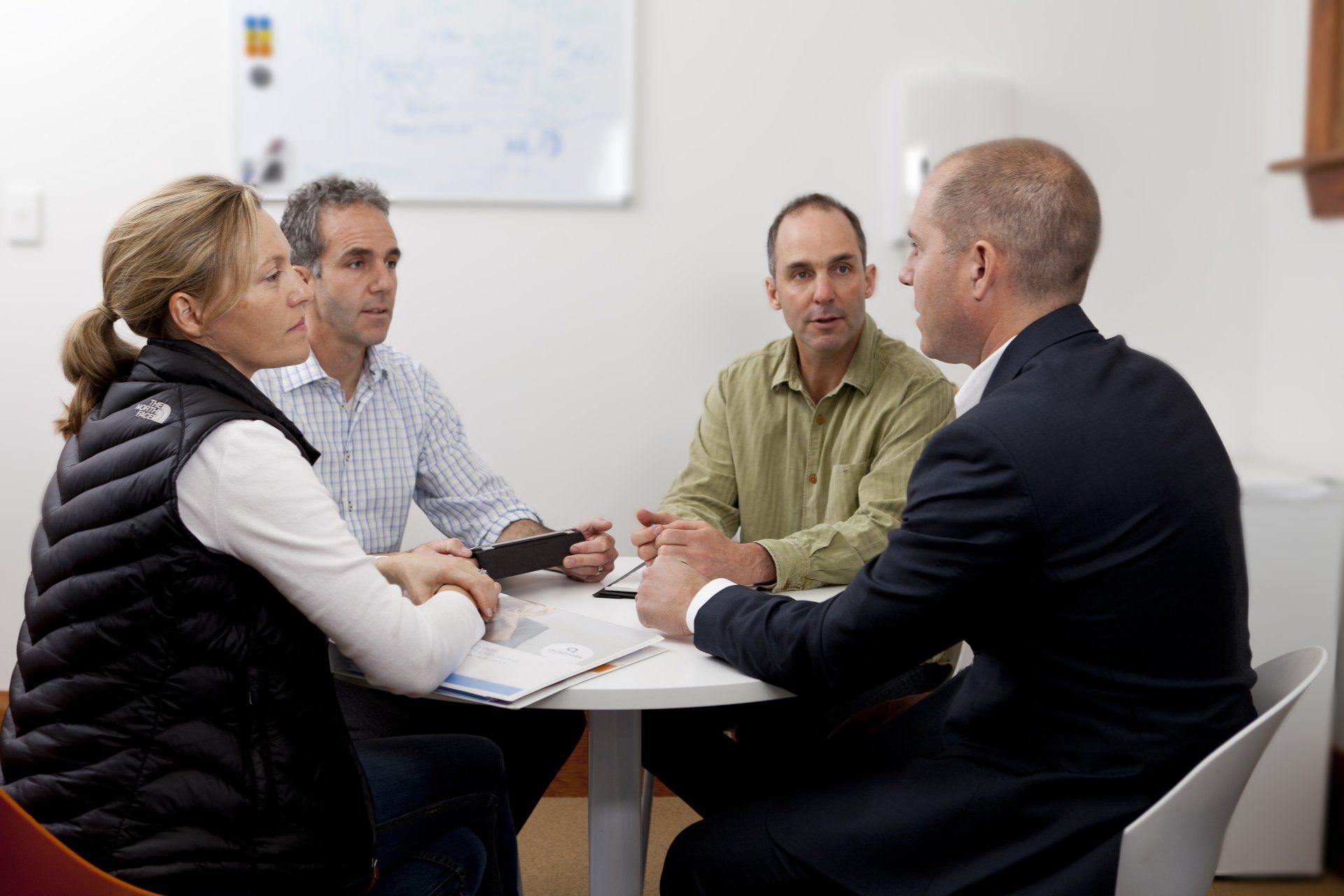Our thinking, processes and tools reflect
best practice pain management
Our Thinking
We understand that everyone’s situation is different, and therefore designing appropriate management requires thoughtful and personalised assessment by clinicians with experience and expertise in chronic pain and rehabilitation.
You, the patient, play an integral role in your rehabilitation & treatment, contributing to your assessment, treatment goals & plan, and adoption of self-management strategies.
We follow a sociopsychobiomedical approach to complex pain, which is to understand and treat the pain and underlying conditions in the context of the individual’s psychology and social situation.
We follow a sociopsychobiomedical approach to complex pain, which is to understand and treat the pain and underlying conditions in the context of the individual’s psychology and social situation.
We aim to work well as a team, both internally within the Australis Specialist Pain Clinic, and with clinicians throughout the community and hospital services.
In order to offer a management plan that best suits the individual, we maintain a broad toolbox, including medications, interventions, biofeedback, education, group programs, physical therapy, and psychological therapy.
Our Treatment Stages
Our Toolbox
Explanation and Education
This is critical to our pain management. We take the time to listen carefully to the history, review medical records, examine using pain-oriented sensory testing techniques, develop a formulation, explain the likely pain mechanisms, and then work out a management plan in collaboration with the patient
Imaging and Investigations
A key part of managing complex pain conditions is establishing as far as possible mechanisms of pain and the conditions causing these. We may arrange imaging, ranging from X-rays and ultrasounds through to MRI, and other investigations such as neurophysiology studies to clarify diagnoses
Pain Medication
Medication can help manage some types of pain and can be particularly useful to support rehabilitation programs. However it is important that patients are only taking medications that they know to be useful to improve function. Working through trials of medications in a methodical manner can be time-consuming, but a valuable exercise
IV Infusions
We offer pamidronate infusions where indicated for Complex Regional Pain Syndrome. These are most beneficial when done early in the course of the disease, and we will work with your case manager to facilitate these as promptly as possible
Nerve Blocks and Joint Injections
These may be used as part of our assessments to diagnose sources of pain, or as part of our programs to temporarily provide relief to support rehabilitation. We will often refer to our partners for these procedures.
Radiofrequency Ablation
This technique is used to treat joint pain and nerve pain where nerve blocks have identified a specific source of pain related to a facet joint. This is performed in collaboration with interventional radiologists.
Biofeedback
Utilising desktop and mobile phone based software, this is a powerful tool for teaching techniques to manage the autonomic nervous system, which in turn can assist with management of pain
Group Pain Management Programs
Group programs such as Springboard can be a valuable component of pain management. Working with Dr Bronwyn Lennox Thompson, this program addresses issues such as sleep, pacing, goal setting, and pain education. Above all it provides interaction with others who may be facing similar challenges
Exercise and Function
Increasing exercise and function is both a goal of rehabilitation, as well as a key tool as appropriate exercise can provide pain relief, and improve mood and sleep
Self-Management
Learning techniques for self-managing pain may reduce the need for medications, and assist in maintaining activities such as hobbies and work in the face of ongoing pain. Our pain clinicians are experts in this area
Bibliotherapy
We have a wide library of books for lending for inspiration and education. We encourage our patients to take the opportunity to utilise this library while they are with our rehabilitation program
Sleep
Getting adequate sleep is a key factor for making progress in pain management and rehabilitation. We offer a nurse-lead program in sleep hygiene that utilises an online cognitive behavioural course to improve sleep quality


